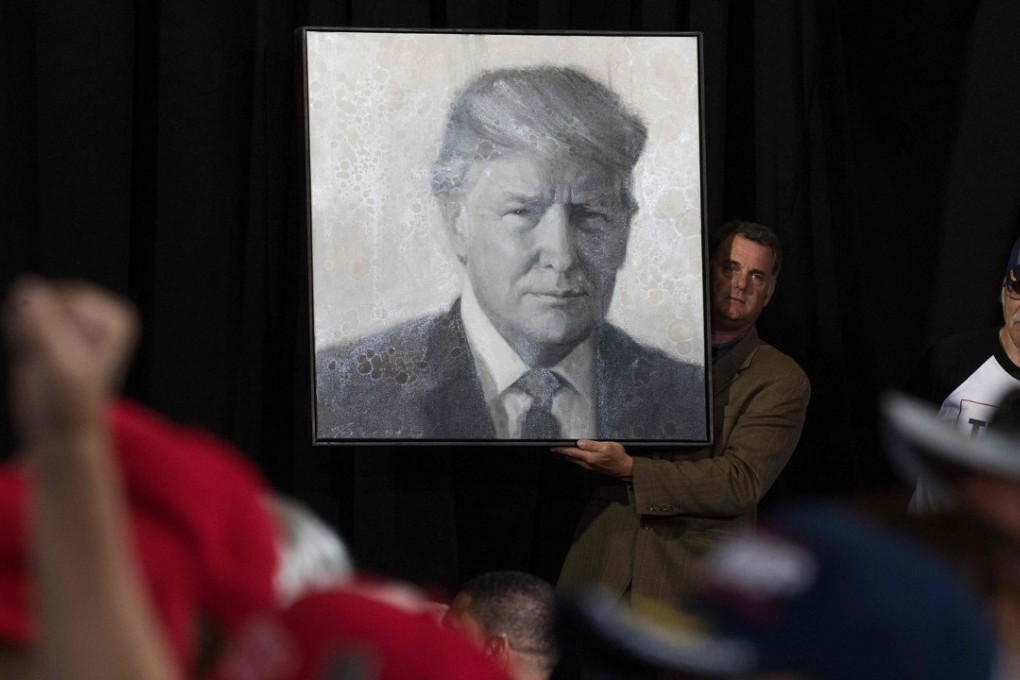Opinion | China shouldn’t bet on Trump’s voters deserting him when the trade war takes it toll
Robert Delaney says the Chinese trade war strategy of targeting states that voted for Trump with retaliatory tariffs ahead of the midterm elections may backfire - Trump’s voters love the controversy he generates and may flock to him again

The targets also include US ginseng, which comes from Wisconsin. The Midwestern state’s election night result in 2016 delivered a shock to the Democrats that many still haven’t recovered from. Hillary Clinton’s loss in a state that had not gone to a Republican presidential candidate since 1984 showed how badly voters there wanted a departure from politics as usual.
Beijing is hoping that a dose of economic pain will show these voters, and those in swing states, that Trump was the wrong solution to their grievances.
